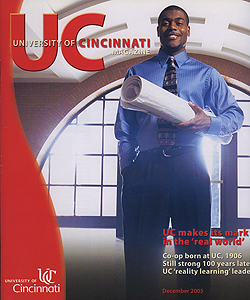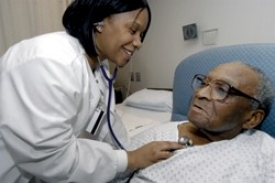By John Bach
A patient was en route to University Hospital in full cardiac arrest. Shirley Alsup, director of the University of Cincinnati's nursing co-op program, seized the opportunity to teach. Grabbing one of her student nurses at the hospital, Alsup told her to get ready to perform CPR.


![Nursing students Tamara Bach [top photo] and Shannon Walker were some of the first to take part in UC's nursing co-op at University Hospital. During one of her rotations, Walker even stopped a patient from being administered a drug that could have caused a serious allergic reaction. Nursing students Tamara Bach (top) and Shannon Walker were some of the first to take part in UC's nursing co-op at University Hospital. During one of her rotations, Walker even stopped a patient from being administered a drug that could have caused a serious allergic reaction.](https://magazine.uc.edu/issues/1205/experience/jcr%3acontent/MainContent/textimage/image.img.jpg/1306948517614.jpg)
